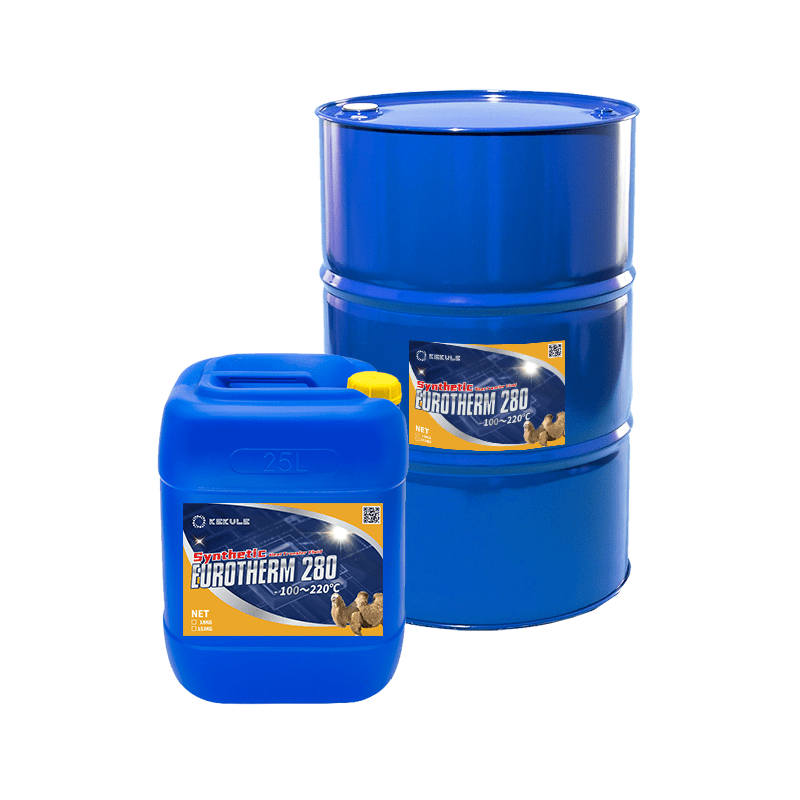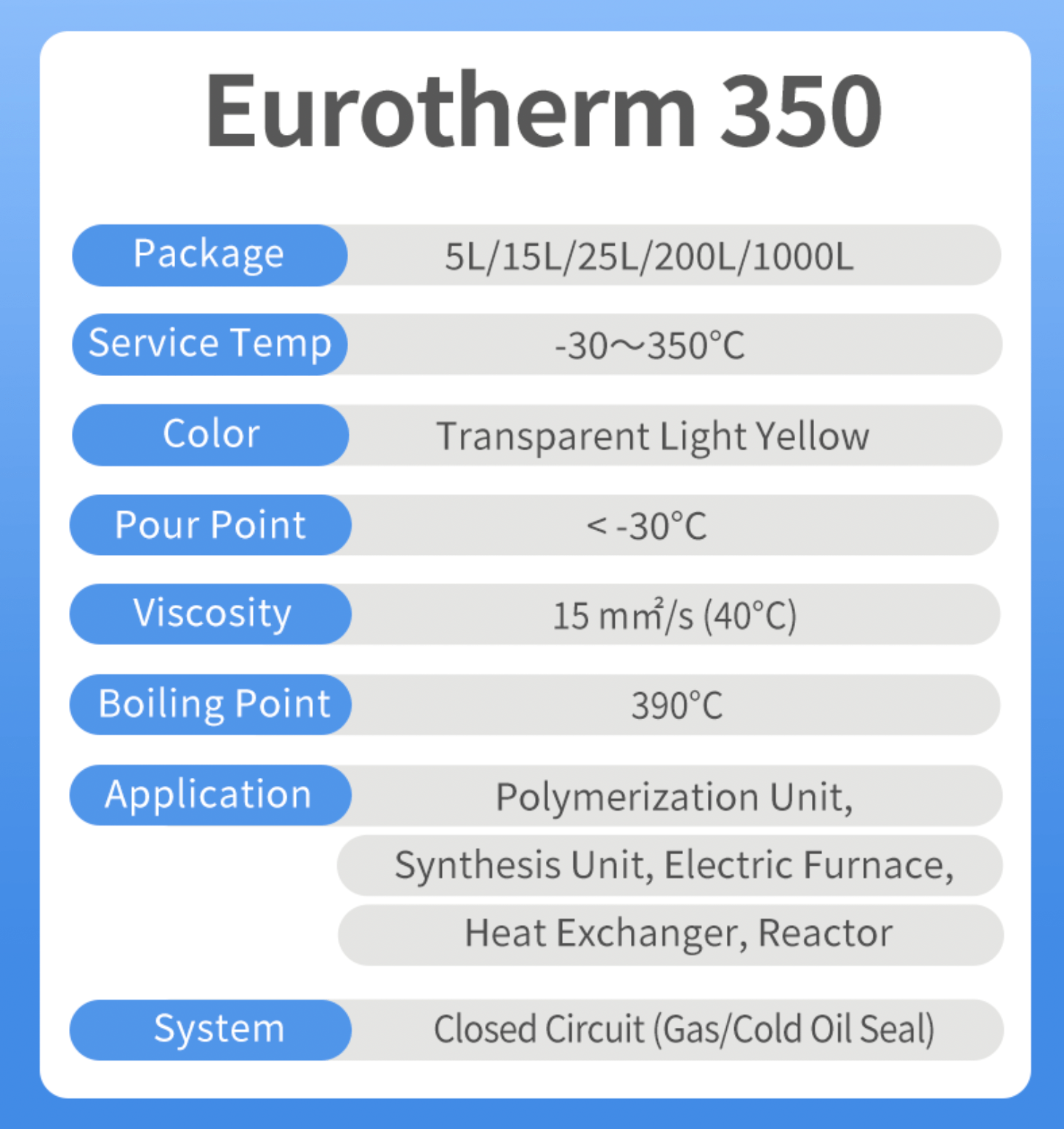3 Easy Facts About Chemie Shown
The Ultimate Guide To Chemie
Table of ContentsGetting The Chemie To WorkChemie Things To Know Before You Get ThisWhat Does Chemie Do?The Buzz on ChemieExamine This Report about ChemieThe 10-Minute Rule for Chemie
(https://www.reverbnation.com/artist/chemie)Measured change in electric conductivity of liquid samples as a function of time when mixed with the material sample in the closed indirect cooling loop experiment. Number 6 reveals the change in the determined electrical conductivity of the liquid examples when mixed with the resin example. The conductivity of the water sample from the shut loophole experiment lowered by approximately 70% from 11.77 S/cm to 3.32 S/cm in 6 hours.These results indicated that the ability of the resin depends on the examination liquid made use of for the experiment. This shows that different ions existing in the liquid will cause different ion exchange ability of the liquid. Computing the ion exchange resin capability with the fluid example from the real cooling loophole is vital.
Chemie - An Overview
Consequently, an ion exchange material cartridge having 20g of Dowex mixed bed resin might handle order 938 days to fill. To put it simply, to preserve a low electric conductivity, a material cartridge with the measurement and weight specification as that of the resin cartridge utilized in the experiment, require to be altered every 30 months for the cooling system that was used in the experiment
The cooling of electronic components has actually become a major challenge in recent times due to the advancements in the style of faster and smaller parts. The use of a liquid coolant has become attractive due to the greater warm transfer coefficient accomplished as compared to air-cooling.
Chemie Fundamentals Explained
A solitary stage cooling loop consists of a pump, a warmth exchanger (chilly plate/mini- or micro-channels), and a warm sink (radiator with a follower or a liquid-to-liquid warmth exchanger with chilled water air conditioning). The heat source in the electronic devices system is affixed to the warmth exchanger.
The requirements may vary depending on the sort of application. Adhering to is a listing of some basic demands: Good thermo-physical buildings (high thermal conductivity and certain warmth; low thickness; high hidden heat of evaporation for two-phase application) Low cold factor and burst factor (sometimes burst security at -40 C or reduced is needed for delivery and/or storage functions) High atmospheric boiling point (or low vapor pressure at the operating temperature) for solitary phase system; a narrow desired boiling factor for a two-phase system Good chemical and thermal stability for the life of the electronic devices system High flash factor and auto-ignition temperature (occasionally non-combustibility is a demand) Non-corrosive to products of construction (steels along with polymers and various other non-metals) No or very little regulatory constraints (ecologically pleasant, nontoxic, and potentially eco-friendly) Cost-effective The most effective electronics coolant is a cost-effective and harmless fluid with outstanding thermo-physical properties and a lengthy life span.
Our Chemie Statements
Most of these fluids have a non-discernible odor and are harmless in case of call with skin or ingestion. As stated previously, aliphatic PAO-based fluids have replaced the silicate-ester liquids in a selection of armed forces electronic devices (and avionics) cooling down applications in the last decade. One more course of popular coolant Check This Out chemistry is dimethyl- and methyl phenyl-poly (siloxane) or frequently known as silicone oil.
Fluorinated substances such as perfluorocarbons (i.e., FC-72, FC-77) hydrofluoroethers (HFE) and perfluorocarbon ethers (PFE) have particular unique homes and can be made use of touching the electronic devices [4, 8] Of all, these liquids are non-combustible and non-toxic. Some fluorinated substances have absolutely no ozone depleting potential and various other environmental properties.
This coolant is identified as harmful and must be handled and disposed of with treatment. The high quality of water used for the preparation of a glycol solution is extremely vital for the system.
What Does Chemie Mean?

Other than lack of toxicity, it has no advantages over ethylene glycol, being higher in expense and more thick. This is an inexpensive antifreeze option, finding use in refrigeration solutions and ground source warmth pumps. Comparable to glycols, this can be prevented to quit deterioration. This fluid can be utilized to -40 C due to its fairly high rate of warm transfer in this temperature level array.
It is taken into consideration even more dangerous than ethylene glycol and consequently has located usage only for procedure applications located outdoors. Methanol is a combustible liquid and, as such, presents a potential fire hazard where it is saved, took care of, or utilized.
An Unbiased View of Chemie
As a flammable fluid, it requires particular safety measures for managing and storage. Liquid solutions of calcium chloride locate large use as flowing coolants in food plants. It is non-flammable, non-toxic and thermally a lot more efficient than the glycol solutions. A 29% (by wt.) calcium chloride remedy has a freezing point listed below -40 C.
